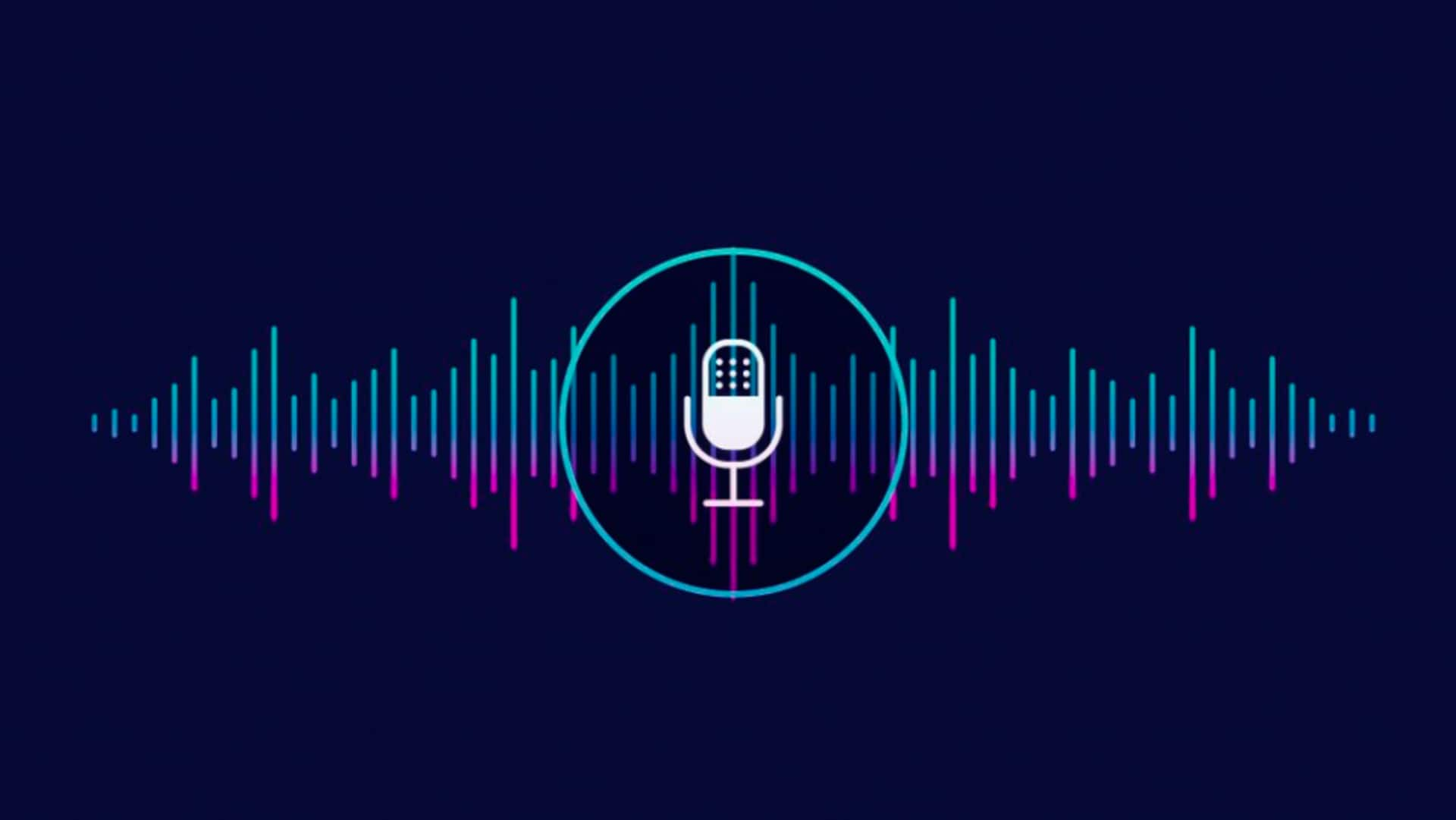
This app pays you in exchange for your call recordings
What's the story
Neon Mobile is an app that pays users to record their phone calls and sell the data to artificial intelligence (AI) companies. Interestingly, it is now the most popular app in Apple's US App Store's Social Networking section. The company promotes itself as a money-making platform that can offer "hundreds or even thousands of dollars per year" in exchange for access to your audio conversations.
App performance
30 cents per minute
Neon Mobile pays 30 cents per minute for calls between Neon users and up to $30 per day for calls to other numbers. The app also offers referral bonuses. After debuting at #476 position in the US App Store's Social Networking category, it has now jumped to the #1 position.
Data policy
The app can record both incoming and outgoing calls
According to Neon Mobile's terms of service, the app can record both incoming and outgoing calls. However, it claims to only record one side of the conversation unless both parties are using the app. The data collected is sold to "AI companies" for developing, training, testing, and improving related technologies.
Privacy risks
Concerns about data usage and potential misuse
Despite its privacy policy, Neon's terms give it a broad license to user data. This could allow the company to use and sell your recordings in any media format and through any media channel. There are also concerns about how anonymized the data really is. Neon claims it removes personal identifiers before selling data, but this doesn't guarantee protection against potential misuse by AI companies or others who purchase this information.
App functionality
How the app works
Neon Mobile does not show any indication of recording the user's call or notifying the recipient, as reported by TechCrunch. The app functions like any other voice-over-IP app, with the caller ID showing the incoming number as usual. This raises questions about user consent and transparency in the data collection practices of such apps.